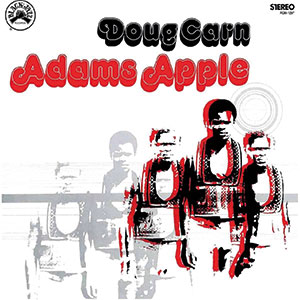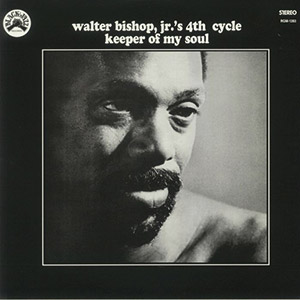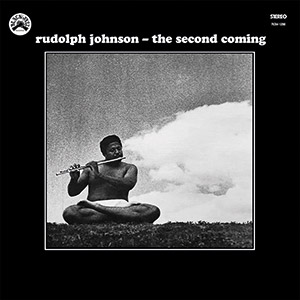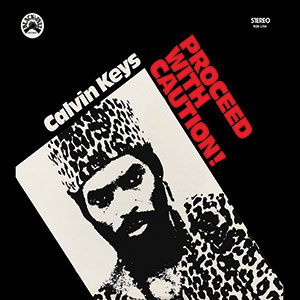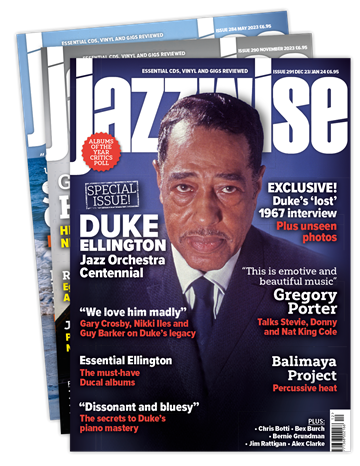Calvin Keys: Proceed With Caution
Author: Kevin Le Gendre
View record and artist detailsRecord and Artist Details
Adam’s Apple
Musicians: |
Big Black (perc) |
Label: |
Black Jazz RGM 1297 |
Magazine Review Date: |
March/2022 |
Media Format: |
CD, LP |
Keeper Of My Soul
Musicians: |
Big Black (perc) |
Label: |
Black Jazz RGM1283 |
Magazine Review Date: |
March/2022 |
Media Format: |
LP |
The Second Coming
Musicians: |
Big Black (perc) |
Label: |
Black Jazz RGM1286 |
Magazine Review Date: |
March/2022 |
Media Format: |
LP |
RecordDate: |
Rec. 1973-74 |
Musicians: |
Big Black (perc) |
Label: |
Black Jazz RGM 1294 |
Magazine Review Date: |
March/2022 |
Media Format: |
CD, LP |
Hip-hop producer Ali Shaheed-Muhammad would surely be among the first to place an order for this latest batch of Black Jazz reissues, if he doesn’t already have the originals buried deep in his killer crates. The pioneering imprint that documented an essential strand of independent African-American improvisers largely overlooked by the mainstream record industry in the 1970s is one of the sources of inspiration behind Muhammad’s Jazz Is Dead, the label he and Adrian Younge launched to provide a spotlight for just such cult figures, none more so than organist-vocalist Doug Carn (pictured) who was an early signee.
Hearing his Adam’s Apple alongside three contemporaneous works puts the BJ label into an instructive historical context. The legacy of John and Alice Coltrane, Wayne Shorter and McCoy Tyner, the figures who blazed a trail on the landscape of modern jazz in the 1960s was safe in the hands of a musician such as Carn, primarily because he retained the spirit and spirituality of the aforementioned but found his own subtle pathways into another idiomatic world, which was as emotionally deep but not as sonically heavy. While Carn brought righteous gospel into his melodic pieces and made them simmer rather than rage, guitarist Calvin Keys was minded to lay down a hard funk snap on grooves that pick up from where Grant Green left off, meaning that they are bluesy-greasy and have a notable charge of tension.
Walter Bishop Jnr leaned towards the sophisticated soul of Stevie Wonder and Donny Hathaway, and the lush, purring sound of his electric piano stays on the right side of tastefulness. But of the four releases, it is saxophonist Rudolph Johnson who is arguably the most fascinating, insofar as he pivoted quite compellingly between a stark if not explosive avant-garde ‘Late Trane’ sensibility and a majestically ethereal lyricism that loosely chimed with the work of Shorter and Joe Henderson among others. A potent soloist on tenor, Johnson wrote rousing, compelling themes, and his superlative quartet, helmed by the great pianist Kirk Lightsey, had an edginess that was also tailor made for the future break beat generation. So Jazz was not dead in the 1970s and, in Muhammad’s ironic words, it continued to defy mortality in the 2020s.

Jazzwise Full Club
- Latest print and digital issues
- Digital archive since 1997
- Download tracks from bonus compilation albums throughout the year
- Reviews Database access
From £9.08 / month
Subscribe
Jazzwise Digital Club
- Latest digital issues
- Digital archive since 1997
- Download tracks from bonus compilation albums during the year
- Reviews Database access
